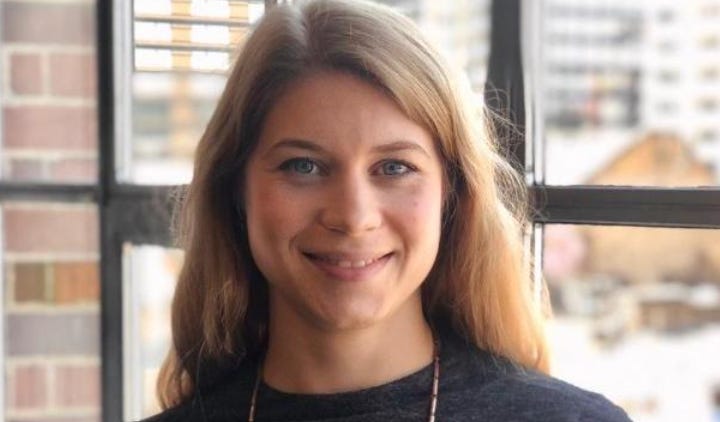‘Women reporting male violence are often disbelieved and blamed’
This International Women’s Day we ask if anything has changed since Sarah Everard’s shocking murder last March.
By Natalie Bloomer
The murder of Sarah Everard shook the nation but with at least 125 women being killed by men in the year since her death, has anything really changed?
This International Women’s Day we speak to Heather Harvey, research and development manager at the women’s organisation nia, about whether Sarah’s death marked a turning point in how we respond to violence against women.
Heather is also taking part in a seminar today organised by Rights of Women Northamptonshire between 1-3pm. To attend via Zoom contact: ROW.Northants@gmail.com
Heather Harvey has more than 25 years experience of working on human rights and equality issues, particularly relating to violence against women. She says that while Sarah Everard’s murder shook many people’s faith in the police and brought some change, a lot more needs to be done to tackle how misogyny and sexism is tackled both in police forces and wider society.
“Sarah Everard was almost the perfect victim…What normally happens is that people say ‘it was her own fault, she was out late, she was wearing a short skirt, she should have known better’. The fact there was nothing they could reproach her for and because Wayne Cousins was in the police, people were shocked,” she says.
“If you’re a middle class white person and you haven’t had much dealings with the police then you think and believe they are decent and trustworthy - and there are some great police who do great work but the reality is when you’ve worked with them or been at the receiving end of it, if you’re black or from another minority group or working class or have mental health problems you often find the response you get from the police can be quite damaging, stigmatising and blaming.
“We know from working in the women’s sector that women reporting male violence are often disbelieved and blamed. The woman’s behaviour is scrutinised rather than the perpetrator’s.”



